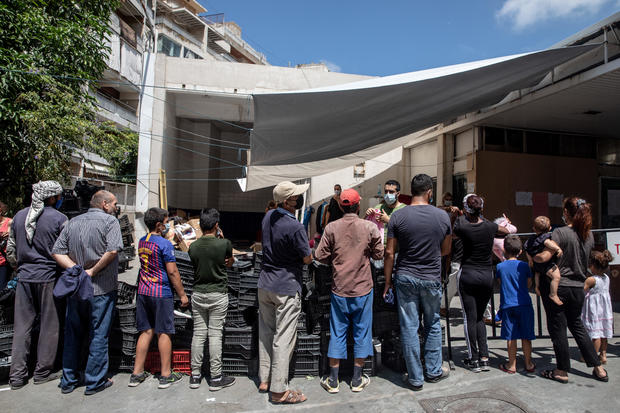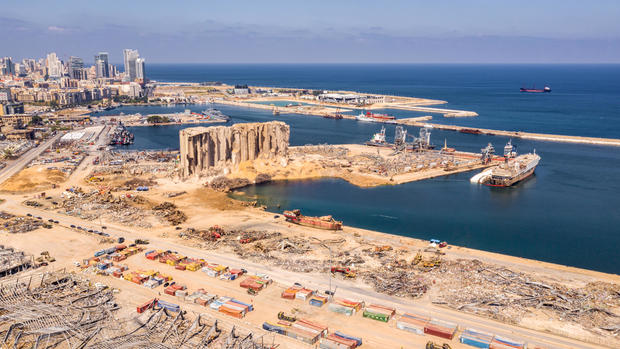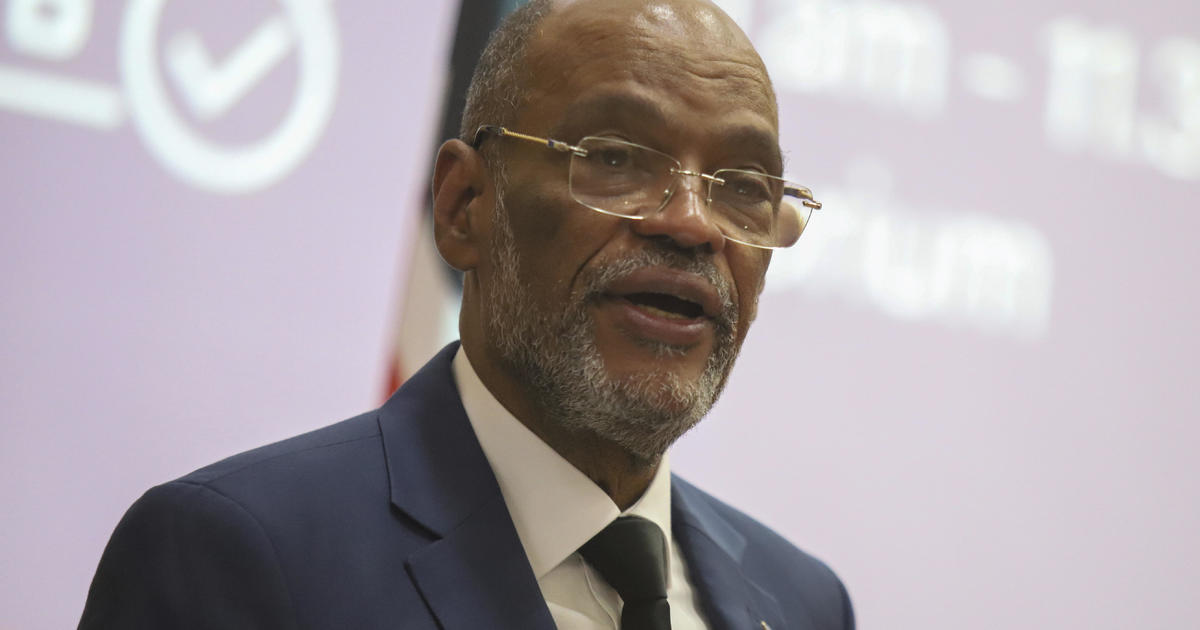Lebanon begins partial lockdown amid spike in COVID-19 cases after deadly Beirut blast
Lebanon began a two-week partial lockdown and nighttime curfew on Friday after coronavirus cases increased sharply following a massive explosion in Beirut that killed and injured thousands of people.
Confirmed cases of the virus have increased from 5,417 a day after the massive blast on August 4 to more than 11,000 on Friday, leading officials to announce the lockdown.
On Friday, Lebanon's Health Ministry tallied a record 628 new confirmed cases in the previous 24 hours, raising the total registered cases since late February to 11,580. The pandemic has killed 116 people in the tiny country, which was successful in limiting the spread of the virus during the early months.
Many businesses were closed Friday morning in Beirut even though some sectors, including banks, groceries, book shops and pharmacies were allowed to open. Restaurants, night clubs, beaches and clothes shops are among the businesses ordered to close by the Ministry of Interior.
The country's top Sunni Muslim authority ordered all mosques closed and suspended prayers inside them around Lebanon until further notice.
Virus cases had already been on the rise since the beginning of July, when an earlier lockdown was lifted and Lebanon's only international airport was reopened. At the end of June, Lebanon registered 1,778 cases. That number has since multiplied more than five times in seven weeks.
The numbers shot up dramatically following the August 4, explosion of nearly 3,000 tons of ammonium nitrate stored at Beirut's port. More than 180 people were killed, more than 6,000 injured and a quarter of a million people were left with homes unfit to live in. The blast overwhelmed the city's hospitals and also badly damaged two that had a key role in handling virus cases.
After the blast, medical officials have warned of increased risk of catching the virus because of crowding at hospitals and funerals, or as people searched through the rubble. Protests and demonstrations also broke out after the blast as Lebanese vented their anger at authorities.
The virus causes mild to moderate symptoms in most people, who recover within a few weeks. But it is highly contagious and can cause severe illness or death, particularly in older patients or those with underlying health problems.
Lebanon's health sector has been challenged by the pandemic that hit amid an unprecedented economic and financial crisis.





